Hopes DRS would be simpler under Labour have been shattered, as Wales’ withdrawal leaves drinks industry players ‘speechless’
So much for the Labour government’s promise to fix the “omnishambles” of the deposit return scheme.
This week, even hardened veterans of the rollercoaster process were left stunned, as the Welsh government signalled its intention to pull out of a UK-wide rollout and draw up its own version.
In an instant, plans for a UK-wide launch of the scheme in October 2027 and, crucially, for the joined-up system the industry has been pushing over many years, seemingly disappeared in a puff of smoke.
So now the fragile alliance between the devolved countries has been smashed, is there any way back for the troubled scheme, or is this the beginning of the end for DRS?
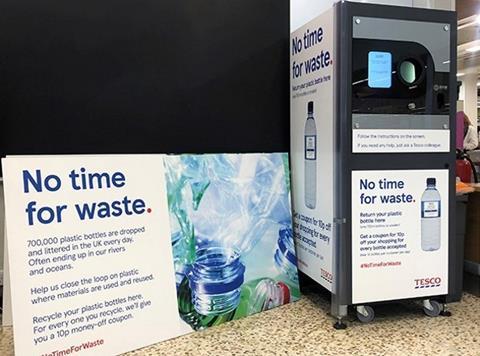
In April this year, the former Tory government – backed by the four nations, including Wales – announced the delay of the UK rollout for the return scheme until October 2027. But it stressed the four nations were pressing ahead with plans for an “interoperable” system.
At the same time, the Welsh government’s insisted it wanted to keep glass in scope of its DRS, which left the UK government threatening legal action.
When Labour came in, it vowed to stick to the Tories’ timetable for the DRS rollout. Since then, months of negotiations have followed between Defra, the devolved governments and industry.
A seeming compromise emerged in September, when the Welsh government signalled it was prepared to drop wine and spirits glass bottles from the scope – as long as it included beer bottles, seen as a priority for tackling street litter.
The UK government was, however, seemingly unwilling to allow variation – and the industry warned of cross-border chaos. Negotiations turned sour and, on Monday, Welsh deputy first minister Huw Irranca-Davies announced Wales was leaving the process.
The minister said Wales was unable to meet the timeframe for applying to the WTO and address issues in the UK Internal Market Act 2020. Instead, it would go it alone and develop a DRS based around a “transition to reuse system” for all types of bottles.
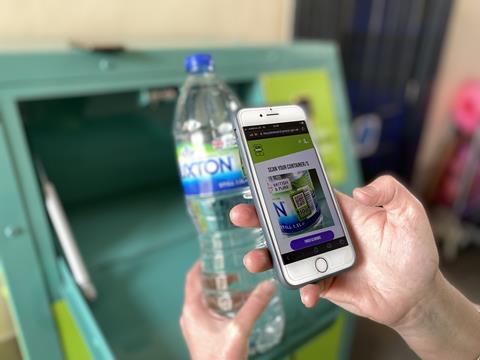
What happened in Brecon’s DRS pilot?
Brecon claimed a world first with a full-town trial of a digital deposit return scheme from July to November last year. Operating differently to a conventional DRS, it allowed consumers to reclaim deposits by scanning containers, and to return them in a variety of ways including kerbside recycling, community bins and over the counter.
-
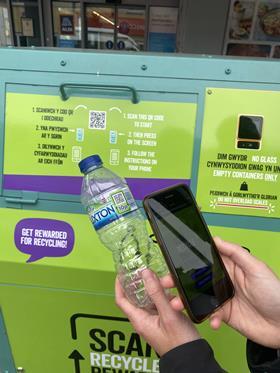
18,794 rewards were claimed, more than four for every household
-
58% of all returned containers came through household weekly recycling collections
-
The trial showed a range of return options was preferred over any particular route
-
97.6% of containers returned at home were captured in the recycling stream
-
There was no significant fraud or misuse of the system
-
56% of participants surveyed said they would recommend the scheme in the future, despite it being a pilot
Source: Welsh government
In some ways, it’s little surprise. The Welsh government has always stressed it does not want to introduce a DRS system that may jeopardise its record on recycling. The country was ranked second from top behind Austria in a global recycling league table compiled by Eunomia Research & Consulting and Reloop in July.
However, the decision left many insiders reeling. “What happened has left me truly speechless,” raged one senior drinks industry source.
“It seems that the Welsh government has basically decided to trash the DRS rollout. The upshot is that we are pretty much back to square one.”
It’s particularly galling, given Labour’s general election victory was seen as a positive force in DRS negotiations.
Instead, “the message from the Welsh government now seems to be it doesn’t believe DRS is the best solution at all”, says the drinks industry source. “They have got themselves in a right muddle. You can’t conflate DRS with a reuse scheme.
“We have this huge opportunity to really boost circularity and now it’s all being put at risk. This pulls the plug on any hopes of having things in place for 2027. Who knows when the launch will be now?”
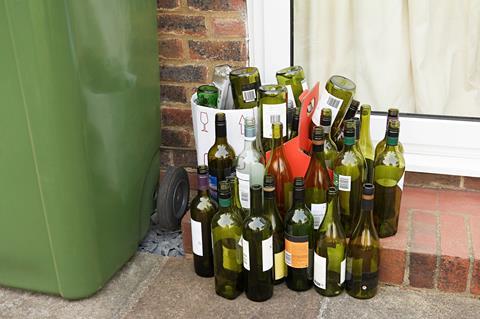
Experts are struggling to see how Wales can operate a DRS alone. “We were pretty relaxed about what materials are in DRS, but what matters is that they are the same material,” says a supplier source.
“But the Welsh government’s announcement will make it more expensive to run, much less efficient, harder to create a scheme administrator and bring into question whether you can create a cost-effective scheme.
“We still think it is possible to create a DRS system for the other three nations, but 2027 is now completely impossible.”
The source also says the move will have a serious impact on consumers. “The requirement for different labelling will frankly mean that less stuff would go to Wales and that Welsh consumers will have less choice in their supermarkets.”
Read more:
-
Steve Reed says deposit return scheme ‘better’ without Wales
-
UK-wide deposit return scheme in tatters as Welsh government pulls plug
-
Ocado extends online reusable packaging scheme
-
Tesco and Coca-Cola backed bid is frontrunner to get DRS contract
There is another sticking point, too: the source sees the Welsh government’s plans for a reuse system as “vague and confusing”.
“Those of a certain age remember the take-back system for Corona bottles but if you want to introduce a reuse scheme on a nationwide UK basis you need new equipment, new logistics and, crucially, you need a huge amount of time.
“We urgently now need discussion between Defra and the devolved nations about how we proceed. I’m hopeful this is not the end of DRS but it is a huge blow,” they add.
Another source at a major drinks company says: “Earlier this year, with no progress on DRS, the industry warned the UK was in danger of becoming the ‘dirty man’ of Europe. Now, thanks to the Welsh government’s decision, we have become the laughing stock of Europe.”
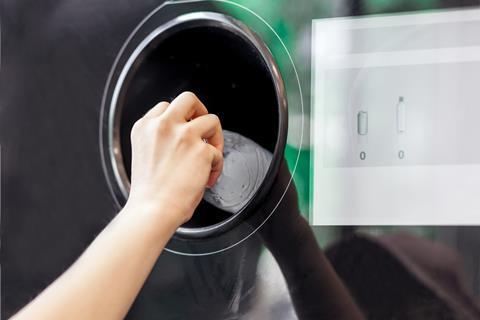
Defra takes flak
On the flip side, campaign groups are directing their anger at the industry and Defra for their refusal to include glass in the scheme, rather than at the Welsh government.
“The DRS scheme is turning into utter chaos,” says City to Sea CEO Jane Martin. “After flip-flopping around on whether glass should be included, we have now successfully lost the entire Welsh nation.
“A DRS that includes glass, plastic and aluminium is not a contentious issue amongst the public, with recent data showing that 77% agree the government should introduce an ‘all in’ system. It now just seems to be policymakers who can’t agree on that view.”
Those same policymakers have until April next year to appoint a deposit management organisation (DMO) to run the scheme in each of the countries involved.
As previously revealed by The Grocer, a bid from major drinks companies including Coca-Cola, along with major supermarkets including Tesco, has been the frontrunner to get the nod from Defra.
The fear now among DRS supporters is that the Welsh withdrawal will make it more difficult to raise funds for and appoint DMOs, further ratcheting up the costs of DRS for the companies involved.
“It is absolutely vital that the work on forming the DMO isn’t disrupted and particularly important that supermarkets remain on board,” says a source. “If the DMO bid falls apart, then that could be curtains.”
Critics of DRS are now calling on the government to go nuclear and scrap it altogether, including the Recycling Association, which says it has been a “disaster from start to finish”.
Defra’s response to the Welsh decision, however, has given hope to DRS supporters that not all is lost.
“We are firmly committed to our timeframe of launching a DRS in October 2027,” it said in a statement. Defra revealed the regulation from England and Northern Ireland would be laid later this month, allowing the appointment of a DMO in April.
Anyone with knowledge of DRS would know better than to put too much money on those dates being met. However, the dream of a bottle deposit return scheme is still alive and kicking – for now.







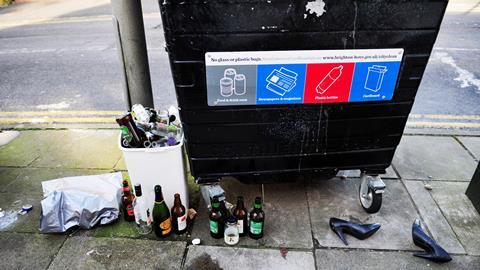










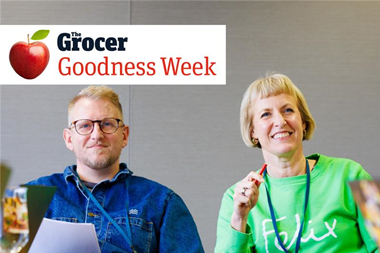

No comments yet